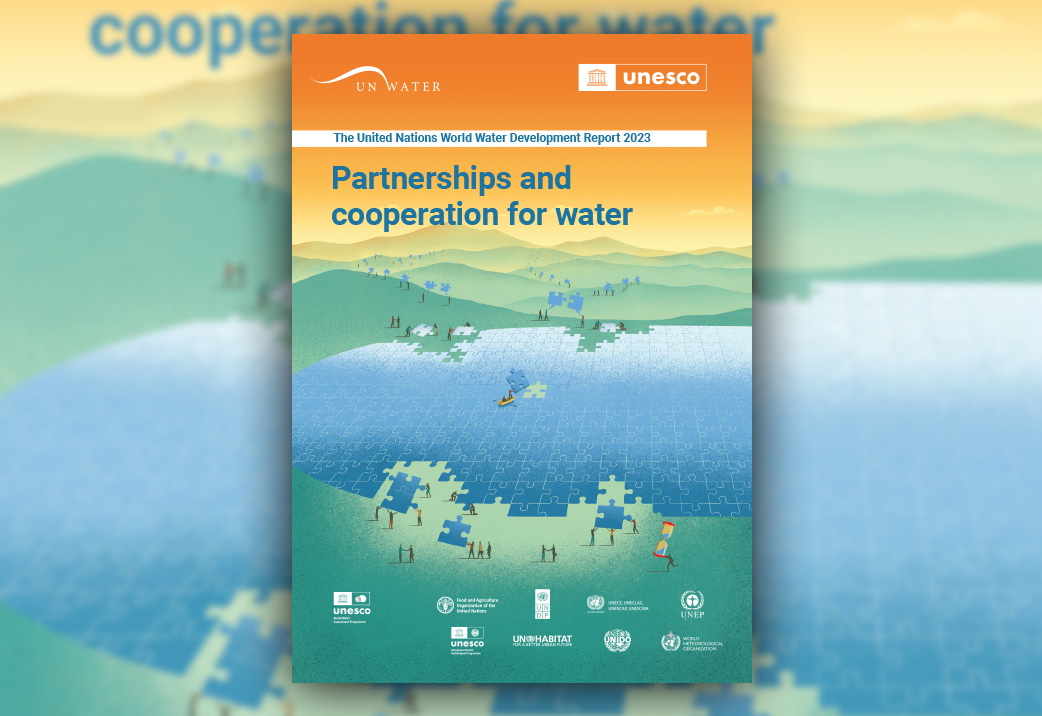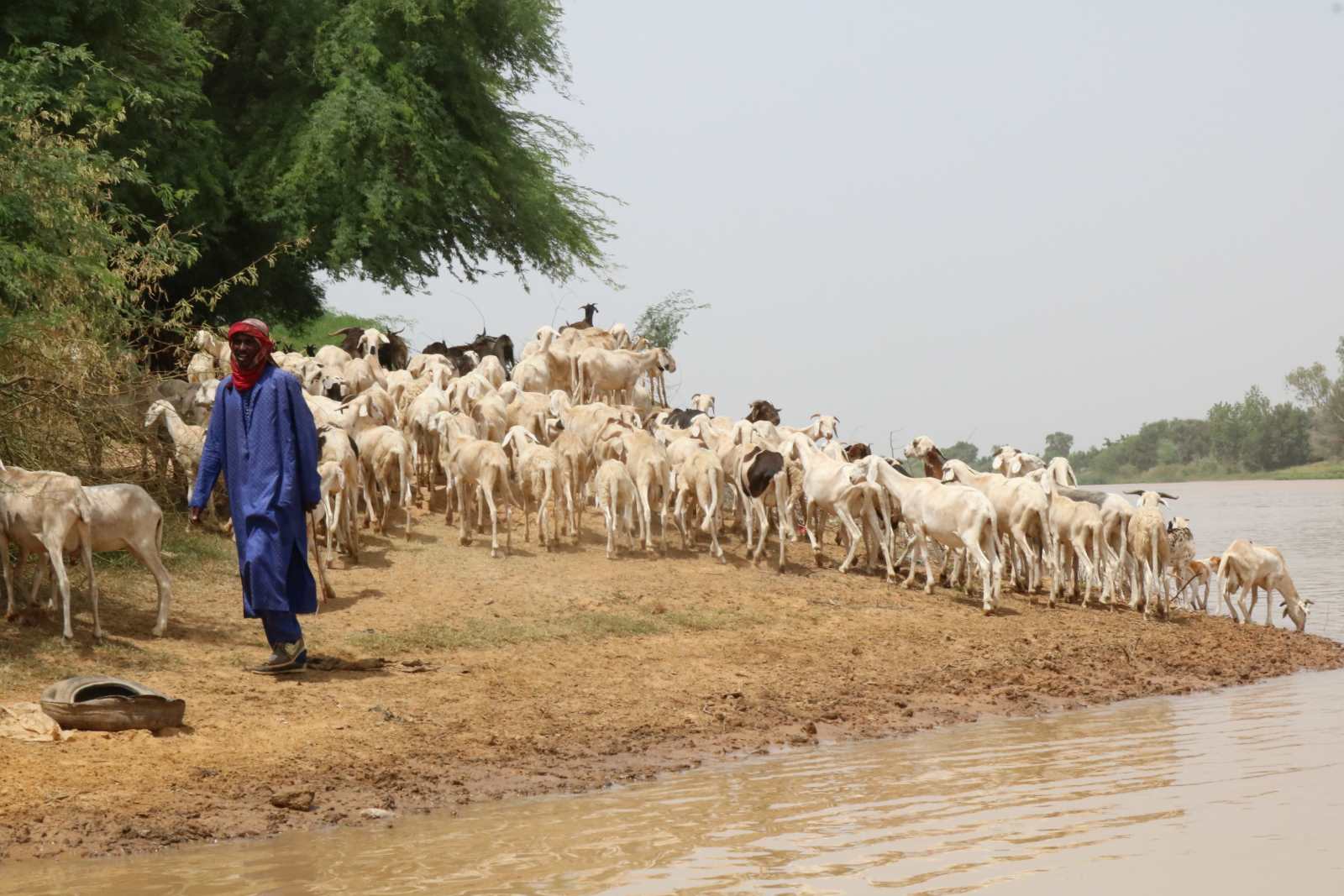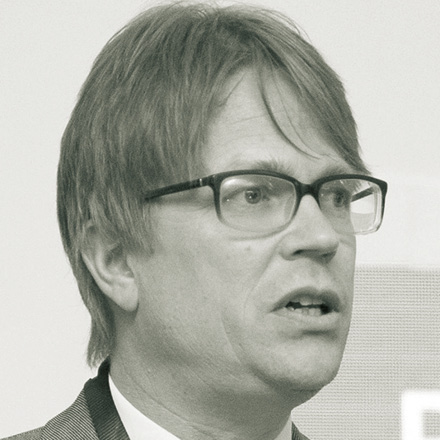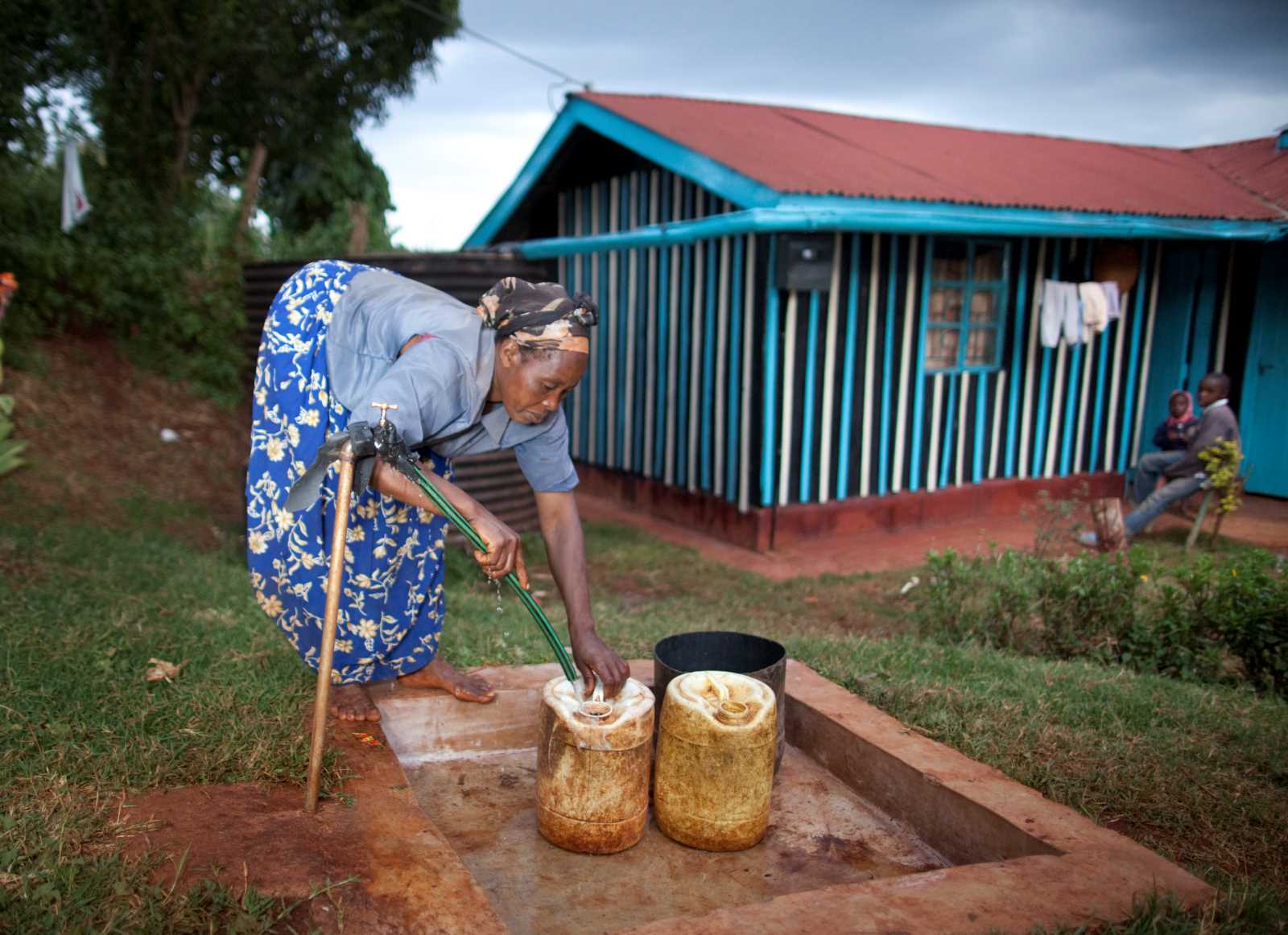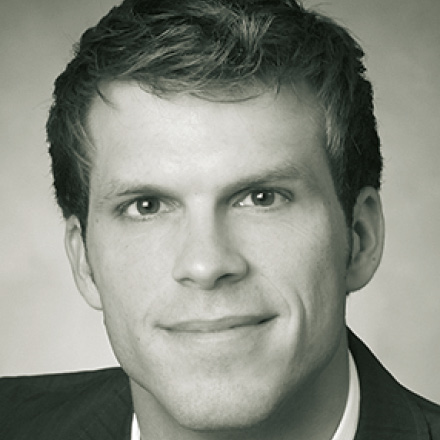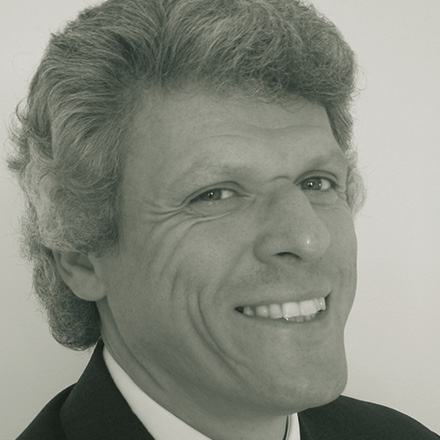Water infrastructure
Using groundwater sustainably in sub-Saharan Africa
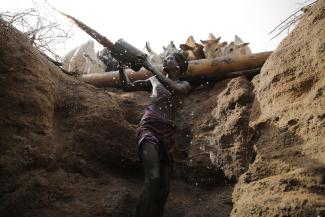
In past decades, groundwater resources have been massively overused – particularly in agriculture – in many world regions, including the Middle East, the Mediterranean, Asia and the USA. Falling groundwater levels and depleted water sources are the result. In view of this situation, donor countries and institutions have been very reluctant recently to promote rural irrigation with groundwater.
Nevertheless, more intensive use of groundwater resources offers considerable opportunities in many countries. It could contribute to food security, economic development and resilience to the climate crisis. Overexploitation can be avoided with appropriate water management and governance.
One region that would benefit from such a nuanced approach is sub-Saharan Africa. According to the British Geological Survey (BGS), the region uses less than a fourth of its renewable groundwater on average for drinking water, agriculture and industry. In some countries it is even less than 10 %. At the same time, over 400 million people lack access to clean drinking water. Droughts and crop failures are making matters worse. The need is enormous.
The sixth UN Sustainable Development Goal (SDG) aims to ensure the availability of water and sanitation for all. As a decentralised resource, groundwater can help. A broader water supply can be established in cities and access to drinking water in rural areas can be provided – without building costly new infrastructure. A project team from the Federal Institute for Geosciences and Natural Resources (BGR), working on behalf of Germany’s Federal Ministry for Economic Cooperation and Development (BMZ), is researching how to sustainably exploit sub-Saharan Africa’s groundwater resources.
Potential for agriculture
There is enormous potential for agriculture. According to the UN Food and Agriculture Organization (FAO), only three percent of cropland in sub-Saharan Africa is irrigated and only five percent of that is irrigated with groundwater. Most irrigated farms depend on surface water. Areas that are far from rivers or lakes have little scope for irrigation. They are thus particularly at risk from droughts and all that they entail. Sub-Saharan Africa has the highest rate of malnutrition in the world. Many countries in the region rely on expensive food imports.
Agricultural irrigation with groundwater also has great socioeconomic potential. Agriculture accounts for about 30 % of the region’s gross domestic product (GDP) and employs about 65 % of the working population. More irrigation would increase yields, leading to economic growth and new jobs.
Good availability
Groundwater is relevant in the context of the climate crisis. In contrast to surface water, it remains stored in cavities in rocks underground after rainy periods. At a certain depth, it is protected from evaporation and contamination. Therefore, it is also available during extremely dry periods, which are expected to increase as a result of the climate crisis. Used sustainably, groundwater resources can help lessen the impact of recurring droughts. It can also alleviate urban water crises, like the one Cape Town experienced in 2017.
There are significant challenges, however. One issue is poor knowledge of hydrogeological conditions. How deep in the ground is the water? What is its quality? How much can be extracted? Observation wells are often largely non-existent, no longer work or have not been read for years. The result is inadequate data on current groundwater levels.
Digitising geological data
However, geological data regarding aquifers is often available from studies done in the past. Scientists at three major geological surveys in France (BRGM), the UK (BGS) and Germany (BGR) have found a lot of information from the past 150 years in their archives. Unfortunately, it is often only available in analogue form and cumbersome to analyse. It would make sense to digitise it – perhaps using artificial intelligence (AI) – and give it to local authorities. AI could also help predict the quality and availability of the water from this data.
According to studies by the UN Environment Programme (UNEP), sub-Saharan Africa has significantly lower capacity to manage groundwater compared to surface water. As a result, donor institutions and planning authorities have so far largely underestimated or even ignored the potential for socio-economic development.
Yet the African Ministers’ Council on Water (AMCOW) called for groundwater resources to be developed back in 2018. AMCOW is a body of the African Union (AU) with over 50 member states. The BGR is supporting AMCOW on behalf of Germany’s Federal Government to develop a strategic groundwater programme. This programme should help AU members to:
- recognise the socio-economic potential of their groundwater reserves,
- mobilise investments and
- strengthen their capacities for sustainable water management.
Plans for more drinking water
It is important to underpin the water requirements of countries’ national development plans with management goals for expanding drinking-water supply, agricultural irrigation and other water-dependent activities like mining. It is essential to always take into account the availability of water resources. In order to also reach social and economic development goals, the most effective uses must be identified.
For this kind of strategic planning, AMCOW, with support from the BGR, developed a planning instrument and tested it in Namibia. In future it should help AMCOW member states make the best possible use of groundwater resources for development goals like water security, food security and economic development. A macroeconomic model by the International Food Policy Research Institute (IFPRI) that predicts the socioeconomic impact of groundwater use is helpful too. It allows effects on GDP, the labour market and poverty reduction to be evaluated.
Significant investment needed
Using groundwater is comparably cheap, but sustainable schemes will still require significant investment, particularly in infrastructure and specialist training. It is therefore important to model impacts in order to convince both finance ministries and private investors.
Groundwater is typically managed locally and exploited decentrally. Financing models must take this into account. The BGR is working with the UN Capital Development Fund (UNCDF), which specialises in financing municipal and decentralised structures. The UNCDF has developed an approach to identify actors and financing needs at the local level.
Moreover, a legal framework as defined in laws on water distribution and protection tends to be missing or inadequate. Even where sensible rules exist, their enforcement is far from guaranteed. Moreover, there are not enough experts and technical capacities for exploitation. Effective agencies are needed too.
The training and further education of specialists and the creation of strong institutions are vital for ensuring that groundwater resources are used, but not overused. The BGR supports local authorities in its partner countries with geoscience expertise. In Zambia, for example, the focus is on advanced training in well construction at a certified training institute.
For external specialists, the BGR worked with international partners to develop web-based training modules on groundwater management and well construction. The trainings are aimed at interested parties from water authorities, NGOs and private industry, including well-construction companies.
LINKS
Online course: “Groundwater Resources Management”: https://cap-net.org/grm/
Online course: “Professional Drilling Management”: https://cap-net.org/pdm/
Johannes Münch works for the BGR in the field of groundwater for agriculture.
johannes.muench@bgr.de
Ramon Brentführer is a project manager at the BGR.
ramon.brentfuehrer@bgr.de
Michael Eichholz is an expert on groundwater governance at the BGR.
michael.eichholz@bgr.de



